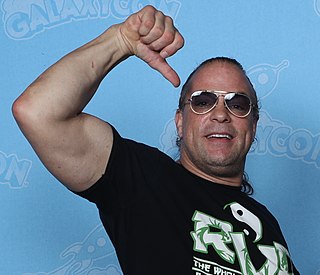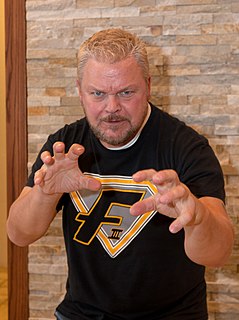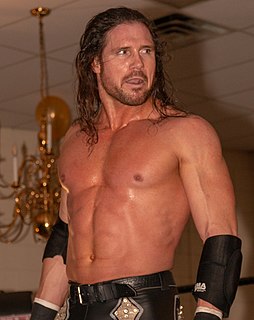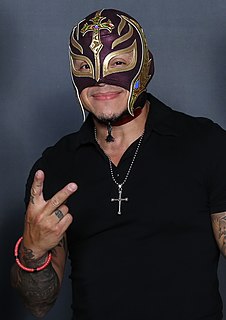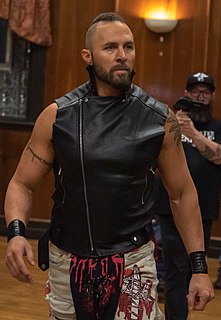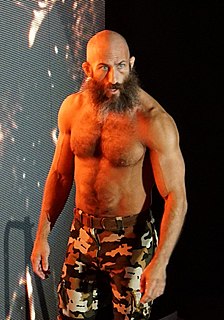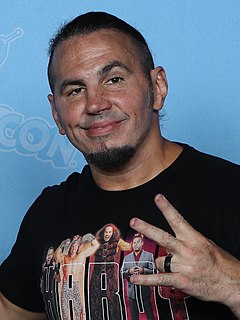A Quote by Rob Van Dam
I came into ECW in Philadelphia in 1996 and left in 2001 - a much bigger, worldwide star than I arrived - and I thank ECW for that.
Related Quotes
The whole concept of ECW was that the biggest star of the promotion was the promotion itself. It didn't matter if a persona was designed to elicit cheers or boos. It didn't matter if someone was an antagonist or protagonist. The whole concept was to fight for the honor of the cause. The cause was ECW itself.
Really, I didn't even want to go to WWE in 2001. I knew that it wasn't my favorite style, my favorite showcasing of my abilities, but it was definitely the best business move. At the time, there was nowhere else to go anyway - ECW was gone, WCW was gone. So, when I first came in, I was seriously frustrated trying to adapt.
